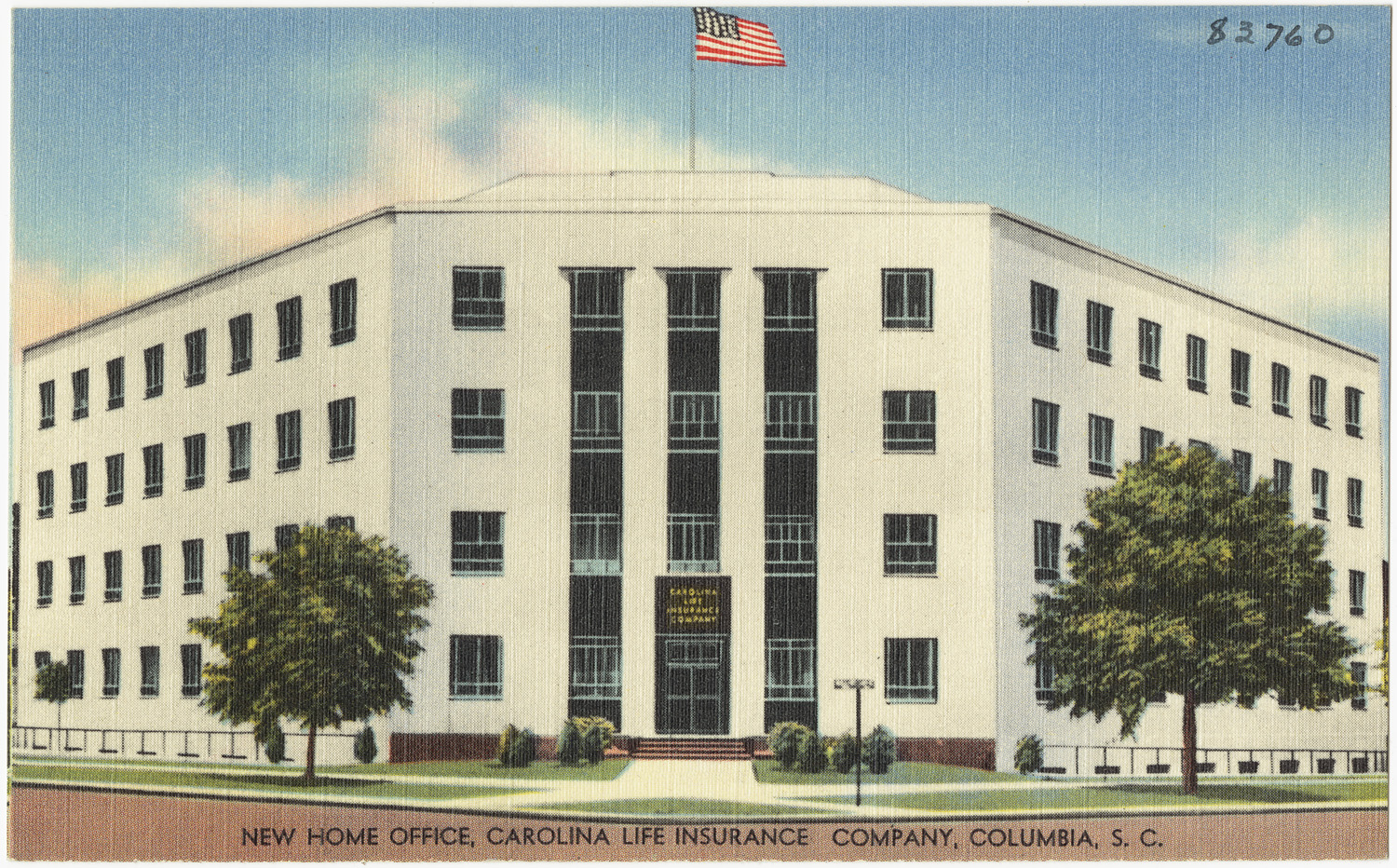Getting a Job in Insurance

Well, I never thought I would get this question, but here it is:
Thank you for your dedication to your blog.
I was wondering if you have any skill development advice for recent graduates to gain a job in insurance – is technical or programming skills the most important or perhaps making business cases, or showing that you can make sound and reasonable conclusions?
Thank you for your time.
Kind regards,
There are many things to do in insurance.? Some are technical, like being an actuary, accountant, investment analyst/manager/trader, underwriter, lawyer or computer programmer.? Some take a great deal of interpersonal skills, like being an administrator, marketer or agent.? Then there are the drones in customer service and claims.? Ancillary jobs can include secretaries, janitors, human resources, and a variety of other helpers to the main positions.
Before I begin, I want to say a few things.? FIrst, if you work in insurance, be kind to the drones and helpers.? It is the right thing to do, but beyond that, they don’t have to go beyond their job description — they know their opportunities are limited — it is only a job.? Treat them with respect and kindness, and they will go above and beyond for you.? I learned this positively first-hand, and a few of them 20-30 years older explained it to me when I noticed they weren’t helping others who were full of themselves.
Second, the insurance industry does a lot to train drones, helpers, agents, marketers, underwriters, and younger people generally, if they are willing to work at it.? There are self-study courses and exams that vary based on what part of the industry you are in.? Take the courses and exams, and your value goes up — it is not obvious how that will work, but it often pays off.
Third, it is not a growing industry, but lots of Baby Boomers are retiring, and leave openings for others.? Also, drone and helper positions often don’t pay so well at the entry level, and turnover is somewhat high.? The same is true of agents — more on that later.
Fourth, watch “The Billion Dollar Bubble,” and episodes of Banacek if you want.? The actual practices of how they did things in the ’60s and ’70s don’t matter so much, but it gets the characterization of the various occupations in insurance right.
FIfth, insurance is a little like the “Six Blind Men and the Elephant.”? Actuaries, Accountants, Administrators, Marketers, Underwriters, and Investment Managers (and Lawyers and Programmers) each have a few bits of the puzzle — the challenge is to work together effectively.? It is easier said than done.? You can read my articles on my work life to get a good idea of how that was.? I’ve written over 30 articles on the topic.? Here are most of the links:
- Learning Leadership.
- The Education of an Investment Risk Manager
- The Education of a Mortgage Bond Manager
- The Education of a Corporate Bond Manager
- My 9/11 Experience.
DId I leave out the one on insurance company lawyers?? Guess not.
Sixth, it is easier to teach those with technical skills how the business works than to teach drones and helpers technical skills.? It’s kind of like how you can’t easily teach math and science to humanities and social science majors, but you can do the reverse (with higher probability).? It is worth explaining the business to computer programmers.? It is worth explaining marketing and sales to actuaries.? Accountants get better when they understand what is going on behind the line items, and maybe a touch of what the actuaries are doing (and vice-versa).
Seventh, only a few of the areas are close to global — the administrators, the underwriters, the actuaries, and the marketers — and that’s where the fights can occur, or, the most profitable collaborations can occur.
Eighth, insurance companies vary in terms of how aggressive they are, and the dynamism of positions and ethical conundrums vary in direct proportion.
So, back to your question, and I will go by job category:
- Drones and helpers typically don’t need a college education, but if they show initiative, they can grow into a limited number of greater positions.
- Computer programmers probably need a college degree, but if you are clever, and work at another insurance job first, you might be able to wedge your way in.? While I was an actuary, I turned down a programming job, despite no formal training in programming.
- Lawyers go through the standard academic legal training, pass the bar exams, nothing that unusual about that, but finding one that truly understands insurance law well is tough.
- Accountants are similar.? Academic training, pass the accounting exams, work for a major accounting firm and become a CPA — but then you have to learn the idiosyncrasies of insurance accounting, which blends uncertainty and discounting with interest.? The actuaries take care of a lot of it, but capturing and categorizing the right data is a challenge.
- Actuaries have to be good with math to a high degree, a college degree is almost required, and have to understand in a broad way all of the other disciplines.? The credentialing is tough, and may take 5-10 years, with many exams, but you often get study time at work.
- Agents — can you sell?? Can you do a high quality sale that actually meets the needs of the client?? That may not require college, but it does require significant intelligence in understanding people, and understanding your product.? Many agents can fob some bad policies off on some simpletons, but it comes back to bite, because the business does not last, and the marketing department either revokes your commissions, or puts you on a trouble list.? “Market conduct” is a big thing in insuring individuals.? The agents that win are the ones that serve needs, are honest, and make many sales.? Many people are looking for someone they can trust with reasonable returns, rather than the highest possible return.? One more note: there are many exams and certifications available.
- Marketers — This is the province of agents that were mediocre, and wanted more reliable hours and income.? It’s like the old saw, “Those who cannot do, teach. Those who cannot teach, administrate.”? It is possible to get into the marketing area by starting at a low level helper, but it is difficult to manage agents if you don’t have their experience of rejection.? Again, there are certifications available, but nothing will train you like trying to sell insurance policies.
- Underwriters — as with most of these credentials, a college degree helps, but there is a path for those without such a degree if you start at a low level as a helper, show initiative, and learn, learn, learn. Underwriters make a greater difference in coverages that are less common.? Where the law of large numbers applies, underwriters recede.? The key to being an underwriter is developing specialized expertise that allows for better risk selection.? There are certifications and exams for this, pursue them particularly if you don’t have a college degree.? Pursue them anyway — as an actuary, I received some training in underwriting.? It is intensely interesting, especially if you have a mind for analyzing the why and how of insured events.
- Investment personnel — this is a separate issue and is covered in my articles in how one can get a job in finance.? That said, insurance can be an easier road into investing, if you get a helper position, and display competence.? (After all, how did I get here?)? You have to be ready to deal with fixed income, which? means your math skills have to be good.? As a bonus, you might have to deal with directly originated assets like mortgages, credit tenant leases, private placements, odd asset-backed securities, and more.? It is far more dynamic than most imagine, if you are working for an adventurous firm.? (I have only worked for adventurous firms, or at least adventurous divisions of firms.)? Getting the CFA credential is quite useful.
- Administrators — the best administrators have a bit of all the skills.? They have to if they are managing the company aright.? Most of them are marketers, and? a few are actuaries, accountants,or lawyers.? Marketing has an advantage, because it is the main constraint that insurance companies face.? It is a competitive market, and those who make good sales prosper.? VIrtually all administrators are college educated, and most have done additional credentialing.? Good administrators can do project, people and data management.? it is not easy, and personally, few of the administrators I have known were truly competent.? If you have the skills, who knows?? You could be a real success.
Please understand that I have my biases, and talk to others in the field before you pursue this in depth.? Informational interviewing is wise in any job search, and helps you understand what you are really getting into, including corporate culture, which can make or break your career.? Some people thrive in ugly environments, and some die.??Some people get bored to death in squeaky-clean environments, and some thrive.
So be wise, do your research, and if you think insurance would be an interesting career, pursue it assiduously.? Then, remember me when you are at the top, and you need my clever advice. 😉


